Medicine details
| Image |  |
| Name | Solivo 500 |
| Dosage | Tablet |
| Generic Name | Esomeprazole + Naproxen |
| Classes |
Analgesic / Pain Killer Central Nervous System Agent NSAID |
| Diseases |
Ankylosing Spondylitis Arthritis Inflammatory Disease Ulcer |
| Company | Healthcare Pharmaceuticals Ltd. |
Drug Package Details
| Strength | 20 mg + 500 mg |
| Storage Condition | |
| Origin Country | Bangladesh |
| Commercial Pack | 30 |
| Price per pack | ৳ 450.00 |
| Cost per pack | ৳ 396.00 |
| Package unit | 10 tabs strip |
| Price per unit | ৳ 15.00 |
| Cost per unit | ৳ 13.20 |
| Discount | 0 |
| Coupon | |
| Remarks |
Esomeprazole + Naproxen
Esomeprazole + Naproxen is a combination medication comprising of esomeprazole- a proton pump inhibitor that reduces the production of gastric acid, and naproxen- a non steroidal anti-inflammatory drug.
Esomeprazole + Naproxen is indicated for the following conditions-
- osteoarthritis
- rheumatoid arthritis
- ankylosing spondylitis
- Rheumatoid Arthritis, Osteoarthritis and Ankylosing Spondylitis: The dosage is one tablet twice daily of Esomeprazole + Naproxen 375 mg naproxen and 20 mg of esomeprazole or 500 mg naproxen and 20 mg of esomeprazole.
- Geriatric Patients: Use caution when high doses are required and some adjustment of dosage may be required in elderly patients.
- Patients With Moderate to Severe Renal Impairment: Naproxen-containing products are not recommended for use in patients with moderate to severe or severe renal impairment (creatinine clearance <30 mL/min).
- Hepatic impairment: Patients with mild to moderate hepatic impairment should be continuously monitored, and a possible dose reduction based on the naproxen component of Esomeprazole + Naproxen may be considered.
- Esomeprazole + Naproxen is not recommended for use in children.
- The tablets are to be swallowed whole with liquid. Do not split, chew, crush or dissolve the tablet. Esomeprazole + Naproxen should be taken at least 30 minutes before meals.
The most common adverse reactions associated with the medication include-
- dyspepsia
- gastritis
- diarrhea
- gastric ulcer
- abdominal pain
- nausea
- Serious and potentially fatal cardiovascular (CV) thrombotic events, myocardial infarction, and stroke. Patients with known CV disease/risk factors may be at greater risk.
- New onset or worsening of pre-existing hypertension. Blood pressure should be monitored closely during treatment with Esomeprazole + Naproxen
- Esomeprazole + Naproxen should be used with caution in patients with fluid retention or heart failure
- Serious gastrointestinal (GI) adverse events, which can be fatal. The risk is greater in patients with a prior history of ulcer disease or GI bleeding, and in patients at high risk for GI events, especially the elderly. Esomeprazole + Naproxen should be used with caution in these patients
- Symptomatic response to esomeprazole does not preclude the presence of gastric malignancy
- Atrophic gastritis has been noted on biopsy with long-term omeprazole therapy
- Treatment should be withdrawn when active and clinically significant bleeding from any source occurs
- Renal papillary necrosis and other renal injury with long-term use. Use Esomeprazole + Naproxen with caution in the elderly, those with impaired renal function, hypovolemia, salt depletion, heart failure, liver dysfunction, and those taking diuretics, ACE-inhibitors or angiotensin II receptor antagonists.
- Acute interstitial nephritis has been observed in patients taking PPIs. Not recommended for patients with moderate or severe renal impairment
- Esomeprazole + Naproxen should not be used in aspirin hypersensitive patients
- Serious skin adverse reactions such as exfoliative dermatitis, Stevens-Johnson syndrome, and toxic epidermal necrolysis, which can be fatal and can occur without warning. Discontinue Esomeprazole + Naproxen at first appearance of skin rash or any other sign of hypersensitivity
- Elevated liver enzymes and, rarely, severe hepatic reactions. Discontinue use immediately if abnormal liver enzymes persist or worsen
- Should be avoided in patients with severe hepatic impairment
- Daily long-term use (e.g., longer than 3 years) may lead to malabsorption or a deficiency of cyanocobalamin.
- Proton pump inhibitor (PPI) therapy may be associated with increased risk of Clostridium difficile associated diarrhea.
- Avoid concomitant use of esomeprazole with clopidogrel
- Long-term and multiple daily dose PPI therapy is associated with an increased risk for osteoporosis-related fractures of the hip, wrist or spine
- Interactions with diagnostic investigations for Neuroendocrine Tumors: Increases in intragastric pH may result in hypergastrinemia, enterochromaffin-like cell hyperplasia, and increased Chromogranin A levels which may interfere with diagnostic investigations for neuroendocrine tumors.
- Hypomagnesemia has been reported rarely with prolonged treatment with PPIs
- Fetal toxicity: avoid drug starting at 30 weeks gestation
Contraindication
- Known hypersensitivity to any component of VIMOVO or substituted benzimidazoles such as-
- History of asthma, urticaria, or other allergic-type reactions after taking aspirin or other NSAIDs.
There is no known contraindication of Esomeprazole + Naproxen in terms of food and drinks.
Use during the peri-operative period in the setting of coronary artery bypass graft (CABG) surgery is contraindicated.
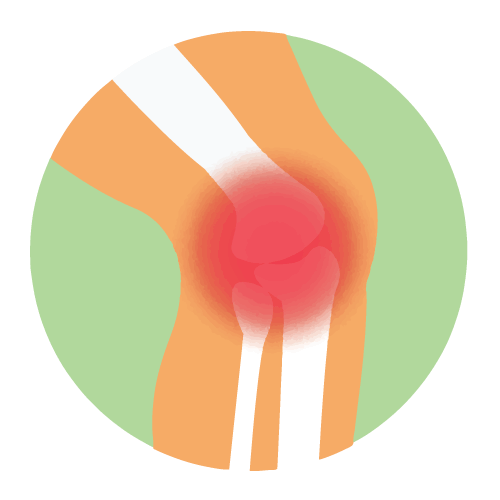
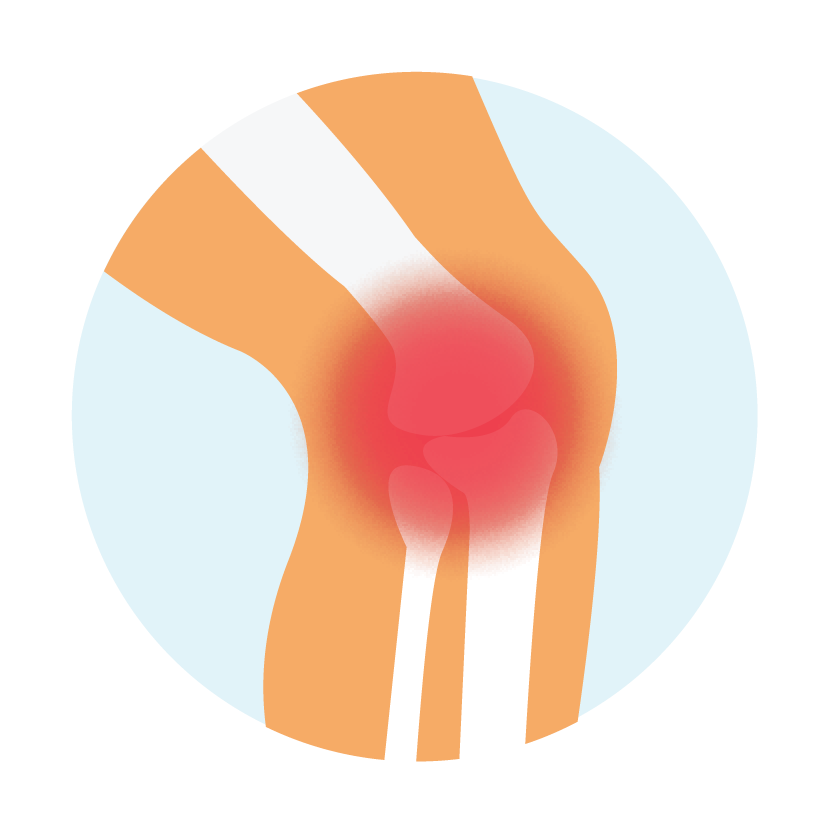
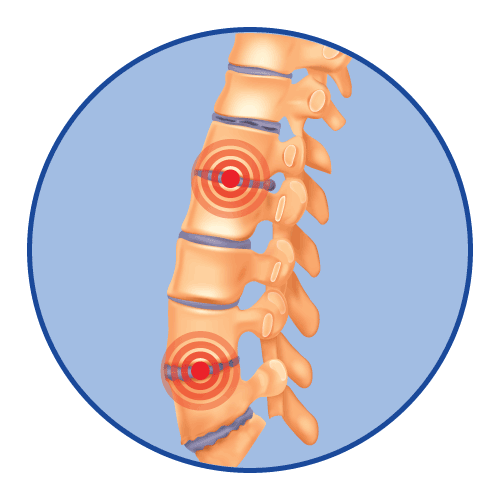
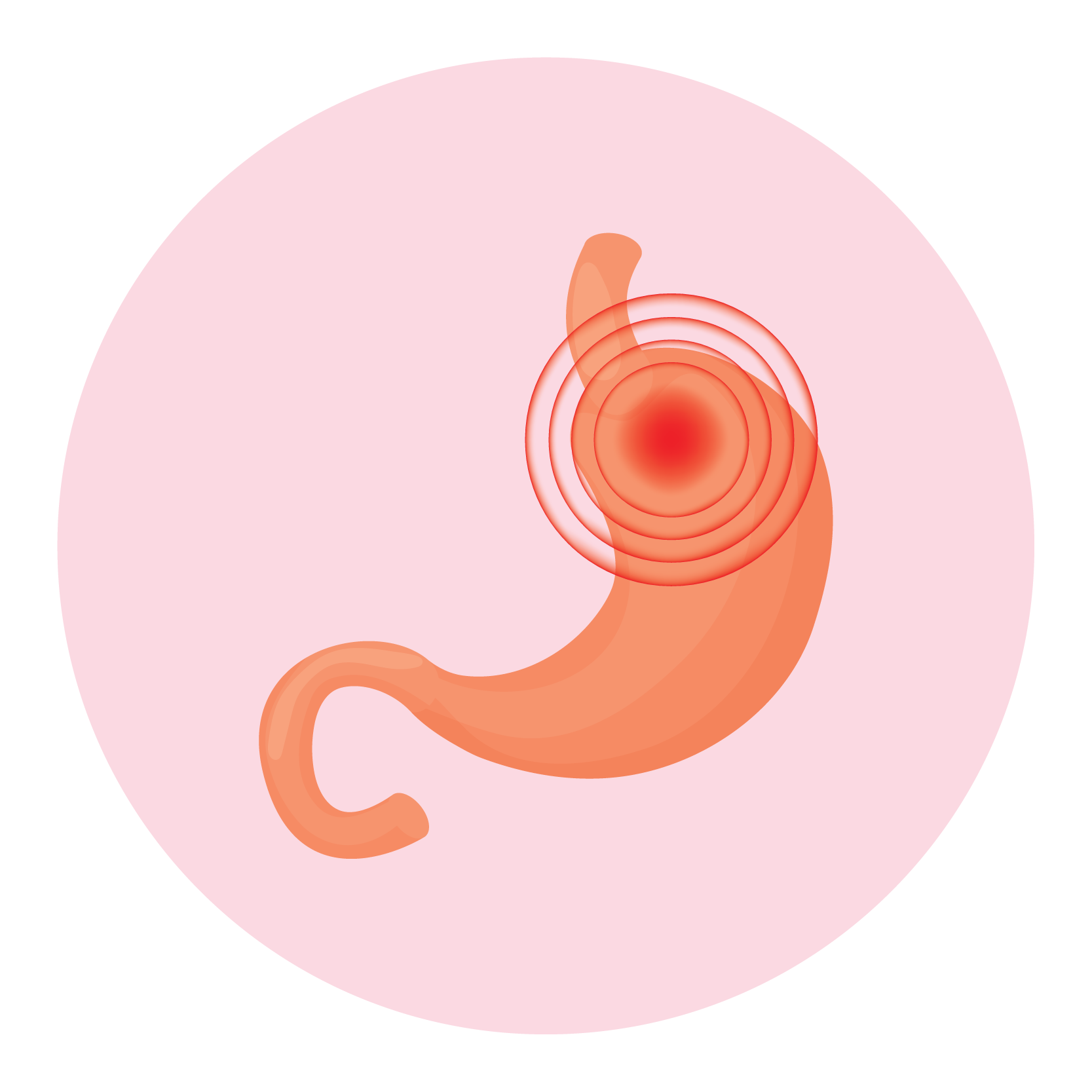

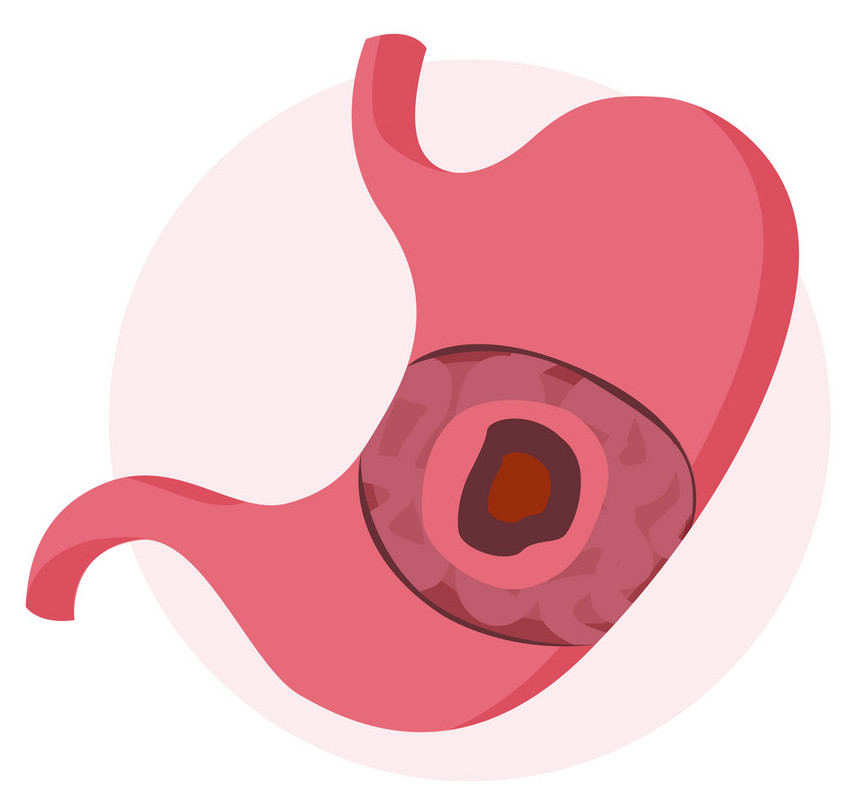

 Bangla
Bangla English
English